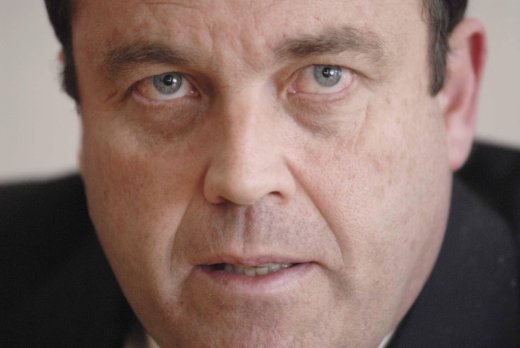Commentary on Ireland’s situation here:
Allied Irish Banks has received a €3.7bn (£3.14bn) injection from the Irish government, effectively placing it under state control.

Allied will require a further 6.1bn injection before the end of February to shore up its balance sheet.
Ireland will use funds from the country’s National Pension Reserve Fund (NPRF) to boost Allied’s core tier 1 capital ratio to 8pc ahead of a year-end deadline set by the government.
The NPRF will also receive convertible non-voting right shares, which will be converted into ordinary stock, handing it a 93pc holding in Allied once the bank completes the sale of its Polish interests to Santander early next year.
Allied will move out of the main Irish and British stock markets on January 26 and apply for a listing on the enterprise securities market of the Irish exchange, giving shareholders access to a trading facility for its shares.
Brian Lenihan, the Irish finance minister, said: “The markets are not willing to invest in the Irish banks because they do not have confidence in them.
“We have to have a banking system in this country and it has to be brought into public ownership. I always made it clear that would be a last resort and we are now engaged in that last resort.”
The Irish government was forced to seek an €85bn bail-out from the European Union and International Monetary Fund after its banks were hit by a collapse in the property markets. Under the terms of the aid package, Irish banks were handed around €13bn to bulk up their balance sheets.
Allied will require a further €6.1bn injection before the end of February to shore up its balance sheet. The Irish government now controls four of Ireland’s six main lenders.
